Introduction
In recent years, digital marketing has exploded onto the marketing scene, profoundly transforming how businesses reach and engage with customers.
Traditional marketers and companies have had to adapt quickly to this new landscape, where consumers are increasingly tech-savvy and prefer engaging with brands online.
For businesses, staying relevant means embracing it and understanding its many aspects.
What is Digital Marketing?
Digital marketing is promoting products or services using digital devices and technology.
Simply, it encompasses all marketing efforts that occur online, using mobile phones, laptops, and the Internet. It includes a wide range of tactics, from automated email campaigns to the content on your website’s blog.
Types of Digital Marketing
- Search Engine Optimization (SEO)
- Paid Social and Paid Search Advertising
- Email Marketing
- Content Marketing
- Affiliate Marketing
- Mobile Marketing
- Social Media Marketing
Search Engine Optimization (SEO)
This involves optimizing your website to rank higher in search engine results, making it more visible to people searching for related products or services.
Paid Social and Paid Search Advertising
These are ads that appear on social media platforms or search engine results pages (SERPs). Advertisers bid for ad placement in these spaces to reach their target audience.
Email Marketing
This includes all marketing activities done via email, such as newsletters, promotional emails, and personalized offers.
Content Marketing
This involves creating and distributing valuable content to attract and engage a target audience. Examples include blog posts, videos, infographics, eBooks, and white papers.
Affiliate Marketing
This is a type of marketing where companies pay third-party publishers to promote their products or services, often through referrals and incentives.
Mobile Marketing
This marketing focuses on reaching audiences via mobile devices through SMS, MMS, apps, and mobile-optimized websites.
Social Media Marketing
Social media marketing involves using social media platforms to promote products and services, increase brand awareness, and engage with customers.
Influencer Marketing
This is a type of marketing where companies collaborate with influencers to promote their products or services, leveraging the influencers’ followers and credibility.
Influencers share authentic content, often through social media posts, videos, or blogs, to generate brand awareness and drive engagement.
This strategy relies on the influencer’s ability to reach and impact their audience, making it an effective way to build trust and connect with potential customers.
Why is Digital Marketing Important?
Reach: It connects with a vast audience of internet users, allowing businesses to expand their reach globally.
Cost-Effective: Its campaigns often cost less than traditional marketing methods, providing a high return on investment.
Targeted: It allows precise targeting of specific audiences based on demographics, interests, and online behaviours, ensuring relevancy.
Trackable: Performance metrics can be measured and optimized in real time, providing immediate feedback and actionable insights.
Adaptable: Digital marketing campaigns can be quickly adjusted based on results and feedback, allowing for flexible and dynamic strategies.
How Digital Marketing Works for Different Businesses
It is versatile and works for both B2B (business-to-business) and B2C (business-to-consumer) companies.
B2B focuses on the logic and features of the product, emphasizing how a business can benefit from the product or service.
B2C focuses on the benefits of the product, appealing to the emotions of the consumers and highlighting how the product will improve their lives.
How to Start a Career in Digital Marketing
- Learn the Basics
- Gain Experience
- Stay Updated
- Network
- Develop Analytical Skills
- Master Key Tools
- Build an Online Presence
- Seek Mentorship
Learn the Basics
Take online courses and certifications to understand its fundamentals including SEO, PPC, and social media.
Gain Experience
Volunteer for non-profits, apply for internships or start your own blog to gain practical experience and build a portfolio.
Stay Updated
This field is constantly evolving, so continuous learning through industry news, webinars, and advanced courses is essential.
Network
Connect with professionals in the field through social media, attend industry conferences, and join digital marketing groups.
Develop Analytical Skills
Learn how to use analytics tools to measure and optimize marketing campaigns, as data-driven decisions are crucial.
Master Key Tools
Become proficient in tools like Google Analytics, Google Ads, and social media platforms to enhance your marketing strategies.
Build an Online Presence
Create a professional online presence on platforms like LinkedIn and share your insights to demonstrate your expertise.
Seek Mentorship
Find a mentor in the digital marketing field who can provide guidance, advice, and support as you develop your career.
Key Benefits of Digital Marketing
- Global Reach
- Cost-Effective
- Targeted Advertising
- Measurable Results
- Enhanced Engagement
- Flexibility and Adaptability
- Improved Conversion Rates
Global Reach
Digital marketing allows businesses to reach a worldwide audience, breaking geographical barriers and expanding their market.
Cost-Effective
Compared to traditional marketing, digital marketing is often more affordable and delivers a higher return on investment.
Targeted Advertising
Businesses can precisely target specific audiences based on demographics, interests, and behaviours, increasing the relevancy of their campaigns.
Measurable Results
Digital marketing provides real-time tracking and analytics, allowing businesses to measure performance and optimize campaigns effectively.
Enhanced Engagement
Digital platforms enable interactive and engaging content, fostering direct communication between businesses and their customers.
Flexibility and Adaptability
Digital campaigns can be quickly adjusted based on performance data and market trends, allowing for dynamic and flexible strategies.
Improved Conversion Rates
By targeting the right audience and providing relevant content, digital marketing can lead to higher conversion rates and sales.
Brand Development
Consistent online presence and content creation help build and reinforce a brand’s identity, credibility, and trustworthiness.
Increased Customer Loyalty
Digital marketing facilitates ongoing communication and relationship building with customers, enhancing loyalty and retention.
Competitive Advantage
Leveraging its strategies can provide a competitive edge by staying ahead of industry trends and technological advancements.
It is an essential component of modern business strategy. Through understanding its various forms and benefits, businesses can effectively reach and engage with their target audiences. For those interested in pursuing a career in this dynamic field, there are ample opportunities for growth and success.
FAQs about Digital Marketing
What is digital marketing?
It refers to promoting products or services using digital channels like search engines, social media, email, and websites.
Why is digital marketing important for businesses?
Digital marketing is important because it allows businesses to reach a larger audience, engage with customers directly, and measure the effectiveness of their campaigns.
What are the main components of digital marketing?
The main components include Search Engine Optimization (SEO), content marketing, social media marketing, email marketing, pay-per-click (PPC) advertising, and affiliate marketing.
How does SEO contribute to digital marketing?
SEO improves a website’s visibility on search engines, driving organic traffic and increasing the chances of converting visitors into customers.
What is the role of social media in digital marketing?
Social media platforms help businesses connect with their audience, build brand awareness, and drive engagement through content sharing and interactions.
How can digital marketing be measured?
Its performance can be measured using various metrics such as website traffic, conversion rates, click-through rates, engagement levels, and return on investment (ROI).
What are the advantages of email marketing?
Email marketing allows businesses to communicate directly with customers, personalize messages, promote products, and nurture leads, often resulting in higher conversion rates.
What is the difference between organic and paid digital marketing?
Organic digital marketing involves strategies like SEO and content marketing to attract traffic naturally, while paid digital marketing includes Pay-Per-Click (PPC) ads and sponsored content to drive traffic through paid promotions.

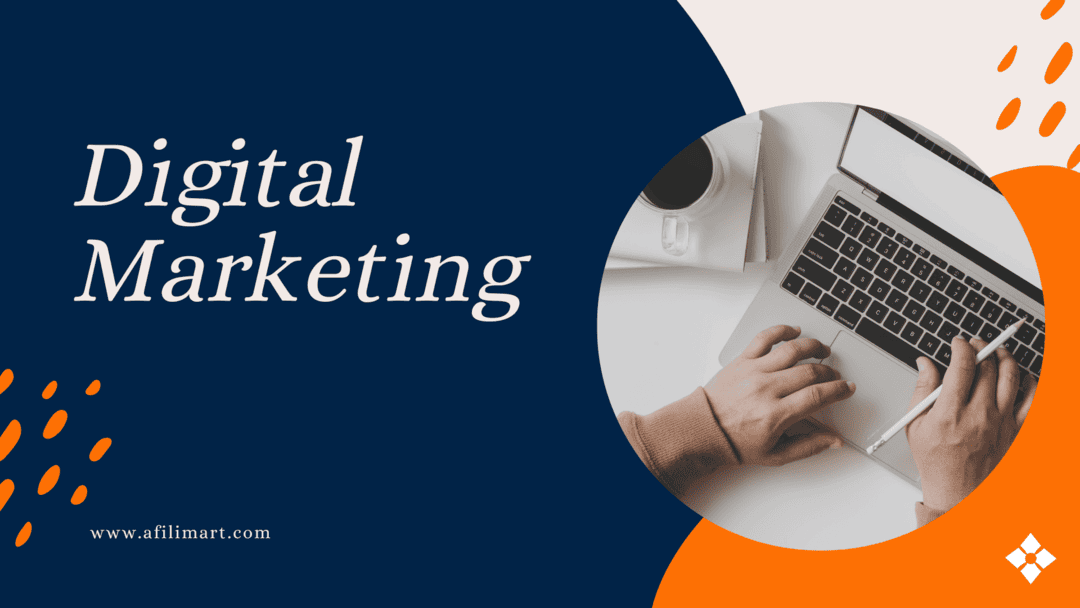
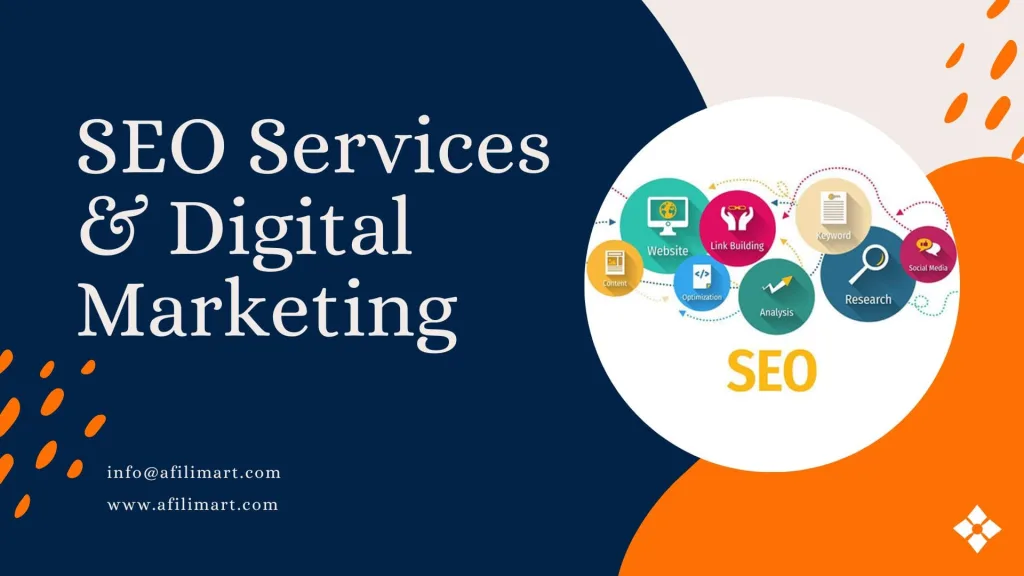
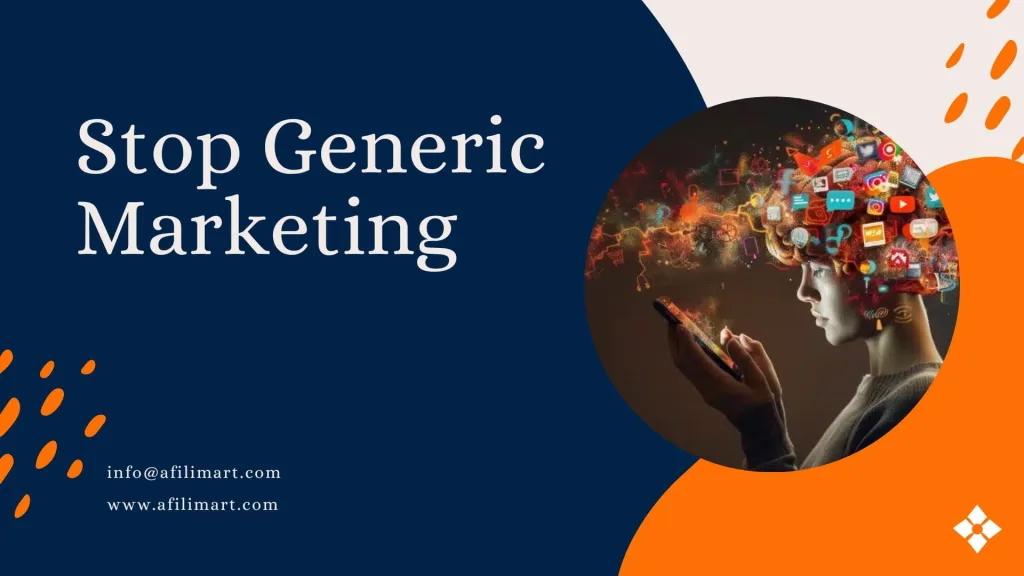
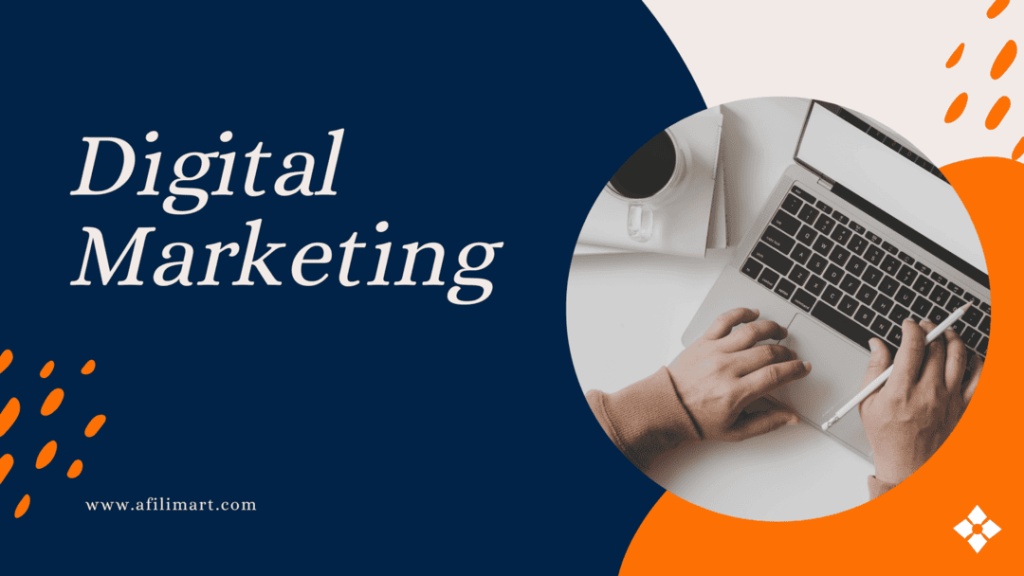
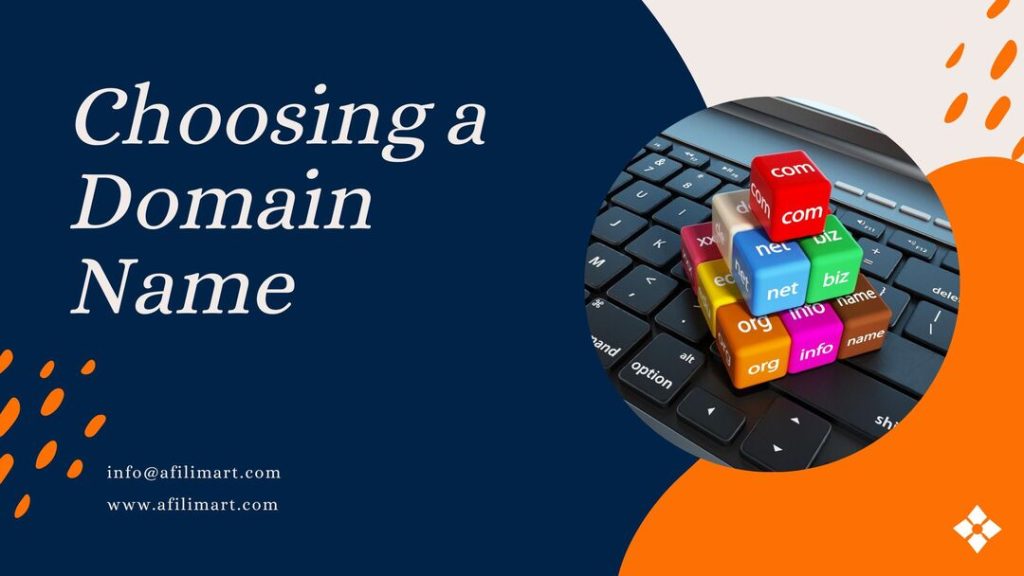
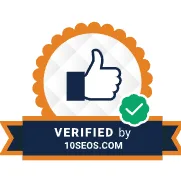




I have read your article carefully and I agree with you very much. So, do you allow me to do this? I want to share your article link to my website: Log in
Sure you can go ahead
I have read your article carefully and I agree with you very much. So, do you allow me to do this? I want to share your article link to my website: Cryptocurrency Prices
Sure you can
Thanks for sharing. I read many of your blog posts, cool, your blog is very good.
Thanks for taking the time to read them